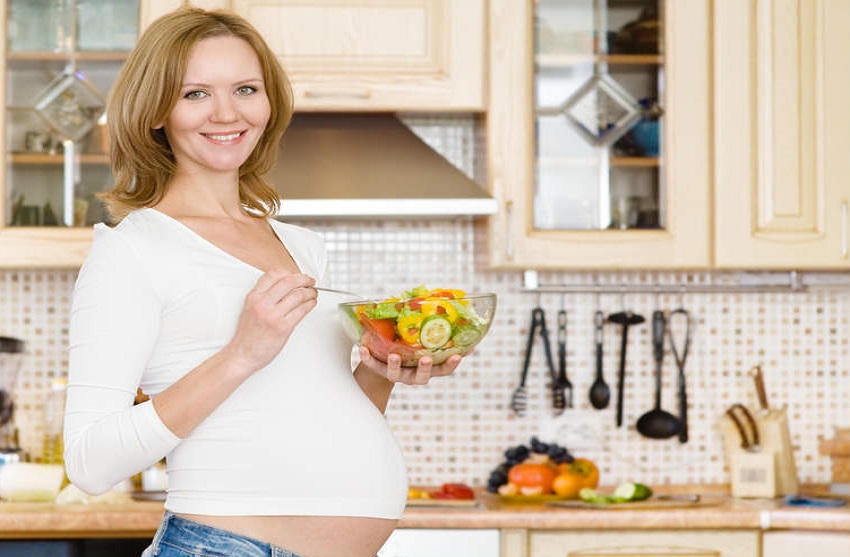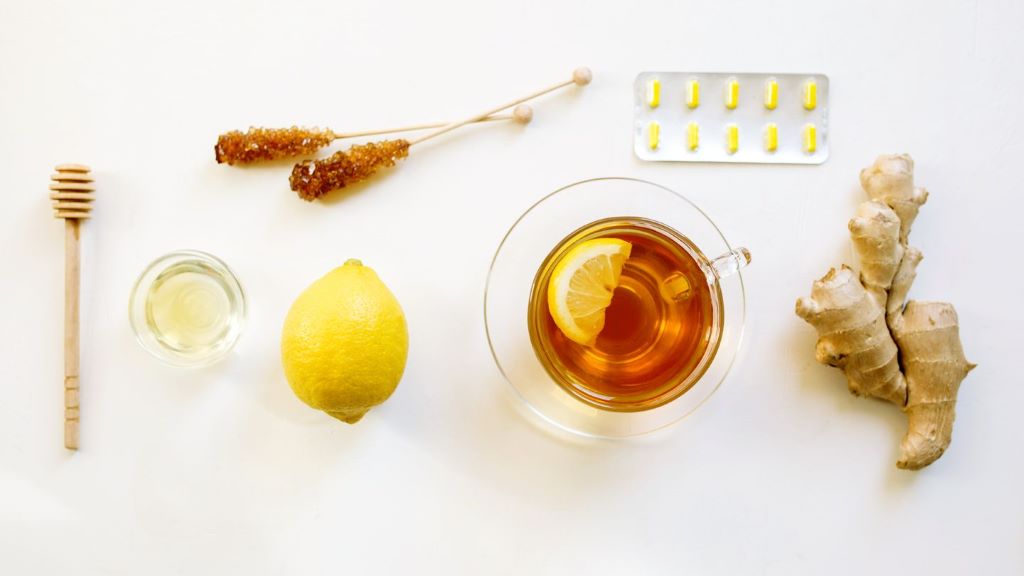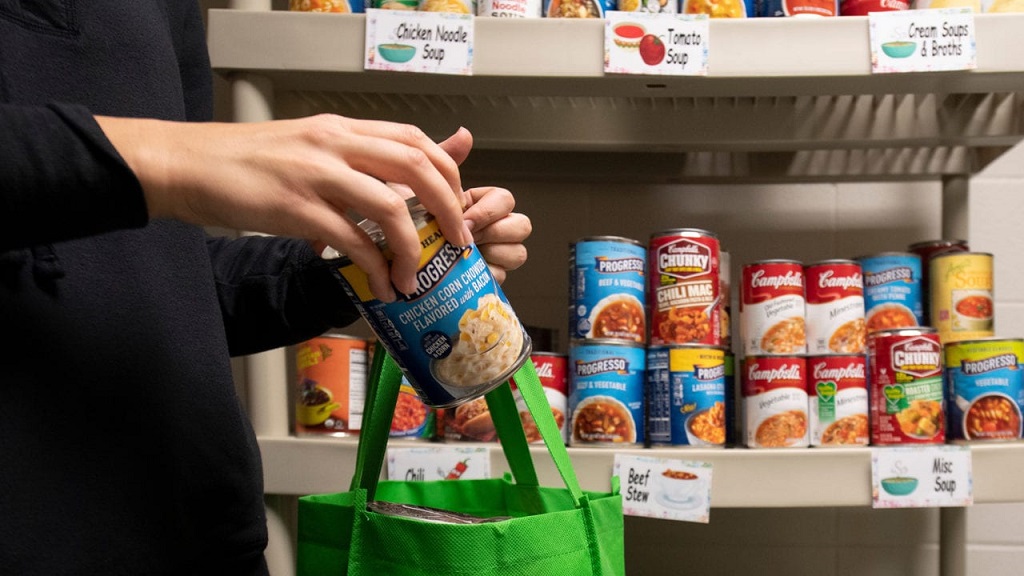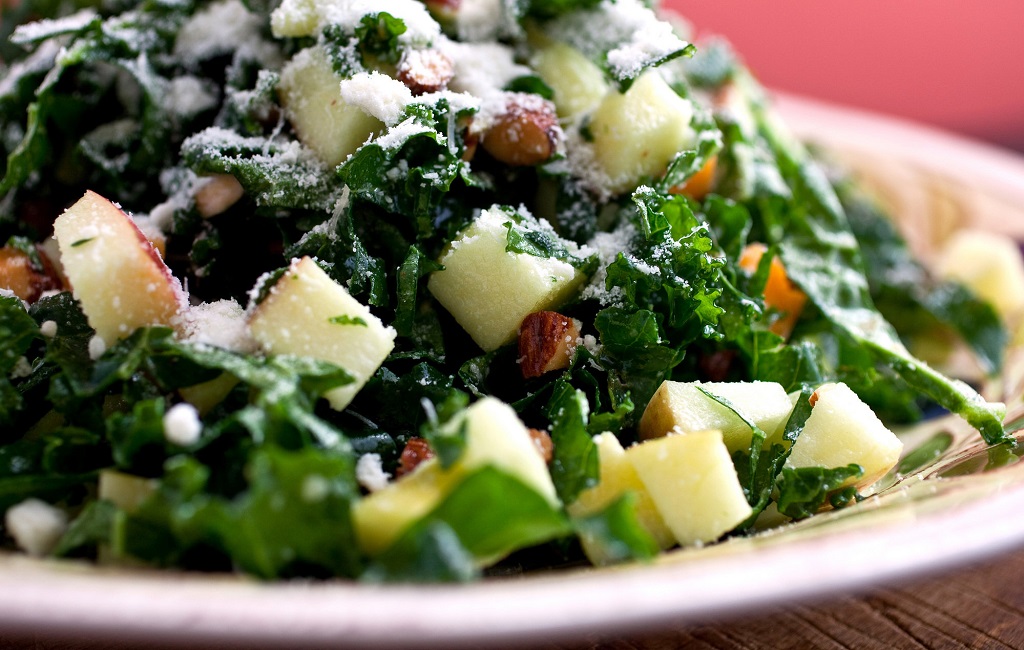During pregnancy, good nutrition is more important than ever. To support a healthy pregnancy and your baby’s development, include plenty of fruits, vegetables, whole grains, protein foods, and fat-free or low-fat dairy products in your pregnancy diet. Limit foods and beverages with lots of added sugars, saturated fat, and sodium. At every meal, make half your plate fruits and vegetables. And enjoy the best foods for pregnancy listed below! And they were curated by casino en ligne argent reel!
- Dairy products
During pregnancy, you need to consume extra protein and calcium to meet the needs of your growing little one. Dairy products like milk, cheese, and yoghurt should be on the docket. Dairy products contain two types of high-quality protein: casein and whey. Dairy is the best dietary source of calcium and provides high amounts of phosphorus, B vitamins, magnesium, and zinc. Yoghurt, especially Greek yoghurt, contains more calcium, which is needed for footballers, than most other dairy products and is especially beneficial. Some varieties also contain probiotic bacteria, which support digestive health. If you’re lactose intolerant, you may also be able to tolerate yogurtTrusted Source, especially probiotic yoghurt. Check with your doctor to see if you can test it out. A whole world of yoghurt smoothies, parfaits, and lassi could be waiting.
- Legumes
This group of food includes lentils, peas, beans, chickpeas, soybeans, and peanuts (aka all kinds of fabulous recipe ingredients!). Legumes are great plant-based sources of fibre, protein, iron, folate, and calcium — all of which your body needs more of during pregnancy. Folate is one of the most essential B vitamins (B9). It’s very important for you and your baby, especially during the first trimester, and even before.
You’ll need at least 600 micrograms (mcg) of folateTrusted Source every day, which can be a challenge to achieve with foods alone. But adding in legumes can help get you there along with supplementation based on your doctor’s recommendation. Legumes are generally very high in fibre, too. Some varieties are also high in iron, magnesium, and potassium. Consider adding legumes to your diet with meals like hummus on whole-grain toast, black beans in a taco salad, or lentil curry.
- Sweet potatoes
Sweet potatoes are not only delicious cooked about a thousand ways, they’re also rich in beta carotene, a plant compound that is converted into vitamin A in your body. Vitamin A is essential for baby’s development. Just watch out for excessive amounts of animal-based sources of vitamin A, such as organ meats, which can cause toxicity in high amounts. Thankfully, sweet potatoes are an ample plant-based source of beta carotene and fiber. Fiber keeps you full longer, reduces blood sugar spikes, and improves digestive health (which can really help if that pregnancy constipation hits).
For a fab brekky, try sweet potatoes as a base for your morning avocado toast.
- Salmon
Smoked on a whole wheat bagel, teriyaki grilled, or slathered in pesto, salmon is a welcome addition to this list. Salmon is rich in essential omega-3 fatty acids that have a host of benefits. These are found in high amounts in seafood, and help build the brain and eyes of your baby and can even help increase gestational length.
- Eggs
Those incredible, edible eggs are the ultimate health food, as they contain a little bit of almost every nutrient you need. A large egg contains about 80 calories, high-quality protein, fat, and many vitamins and minerals. Eggs are a great source of choline, a vital nutrient during pregnancy. It’s important in baby’s brain development and helps prevent developmental abnormalities of the brain and spine. A single whole egg contains roughly 147 milligrams (mg) of choline, which will get you closer to the current recommended choline intake of 450 mg while pregnant.
- Broccoli and dark, leafy greens
No surprise here: Broccoli and dark, green vegetables, such as kale and spinach, pack in so many of the nutrients you’ll need. Even if you don’t love eating them, they can often be squirreled into all kinds of dishes. Benefits include fiber, vitamin C, vitamin K, vitamin A, calcium, iron, folate, and potassium. They’re a bonanza of green goodness. Adding in servings of green veggies is an efficient way to pack in vitamins and fend off constipation due to all that fiber. Vegetables have also been linked to a reduced risk of low birth weight. You can try this even while gaming at aussie online casino.
- Lean meat and proteins
Lean beef, pork, and chicken are excellent sources of high-quality protein. Beef and pork are also rich in iron, choline, and other B vitamins — all of which you’ll need in higher amounts during pregnancy. Iron is an essential mineral that is used by red blood cells as a part of haemoglobin. You’ll need more iron since your blood volume is increasing. This is particularly important during your third trimester. Low levels of iron during early and mid-pregnancy may cause iron-deficiency anaemia, which increases the risk of low birth and other complications. It can be hard to cover your iron needs with meals alone, especially if you develop an aversion to meat or are vegetarian or vegan. However, for those who can, eating lean red meat regularly may help increase the amount of iron you’re getting from food.




